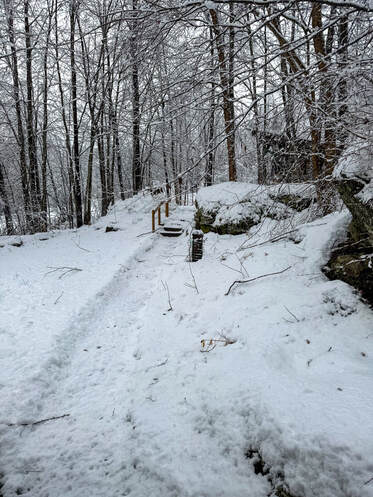
It is beautiful though. Just walking outside is calming.
Still, for writing, it should be a good time. And yet, I'm behind. I'm working on my next thriller - only sixty pages in - but I'm finding it hard to progress. And not for lack of a good story or ideas. It's just that there's so much else I have to do.
Writing this, for example.
There were press releases that I wrote and sent out over the last few days - over the fact that my last novel - Bloody Soil - won an award from the Independent Publishers of New England for best genre. (Did I mention that, by the way? Yay!) Almost two hundred librarians, booksellers, and other publishing professional served as judges for this year's contest, evaluating non-fiction and fiction categories. IPNE judges described Bloody Soil as "fascinating," "gripping," and "explosive."
I was thrilled at the win, but it did mean more work - all those press releases. Which meant that I wasn't writing my novel.
Then there's the newsletter - which I've put off writing but going to do as soon as I finish this blog, the hundred or so emails I get a day - which I have to at least skim, the comedy routine which I have to write up and practice because I agreed to do an on-line show.
I'm also trying to plan out a You Tube channel with my partner in crime - J.B. Manning, the award-winning author of Richter the Mighty - where we visit interesting places and talk about books - both writing and reading. We're planning to call it A Killing Couple on the Prowl. It takes a lot of planning. When is it launching? TBA.
Being an author who does not have a publicity firm or marketing firm, as the big ones do, takes a lot of time and a lot of energy.
And then there are all of the personal and family stuff that I'm doing. That's a long story and another blog topic.
All of which goes to say that January - my best month for writing in the past - ain't been so great this year.
And yet, all of the above is also something of an excuse. I've always found to write in the past. It just seems harder this January.
Writing novels is both an act of love and an act of faith - at least for me. I write because I love to write, but when I write, I also am making the leap of faith that people will read what I wrote and appreciate it. The latter part of that sentence, though, trips up many writers. Because failure to get that outside affirmation - either through lack of readership or (let's really be amusing) lack of financial reward for our efforts- makes that faith harder to hold on to.
Without that faith, it's harder to write.
The bleakness of January here in Vermont doesn't help either.
On the other hand...librarians, booksellers, and other professionals thought my novel Bloody Soil was pretty damn good. So here's to renewed faith, and to renewed effort in these, the last few days of January.
Spring is coming.
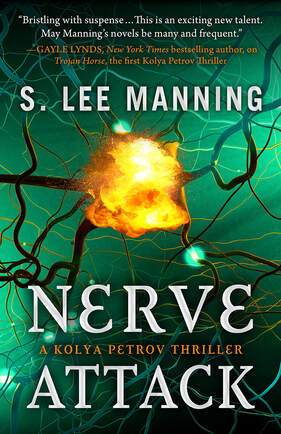
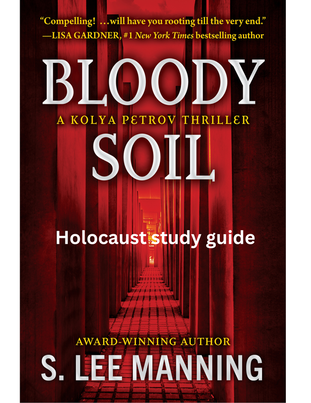


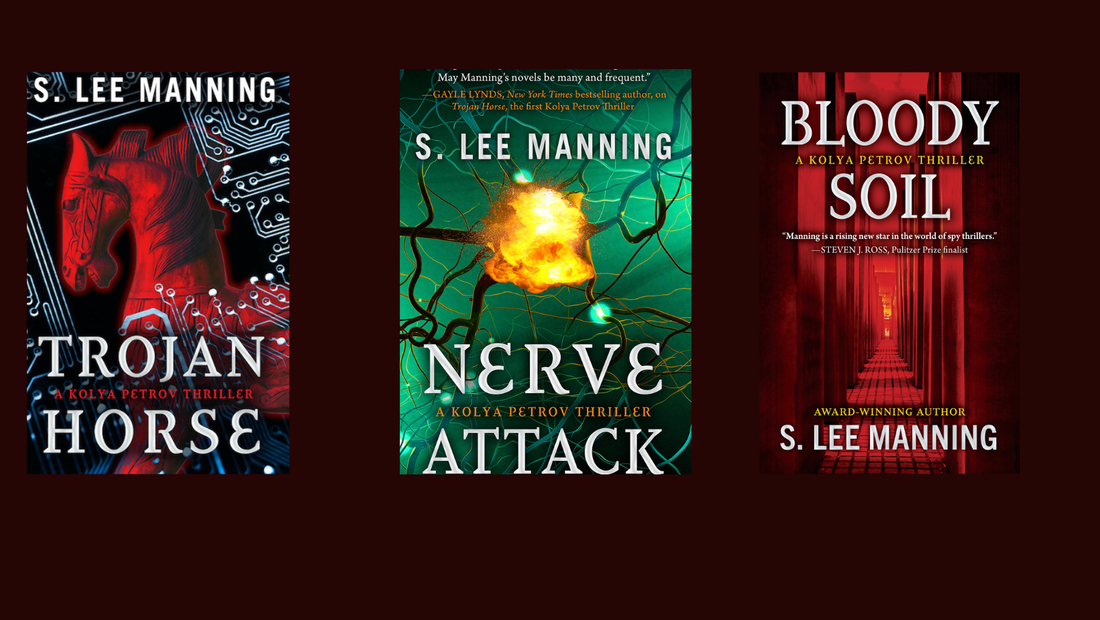
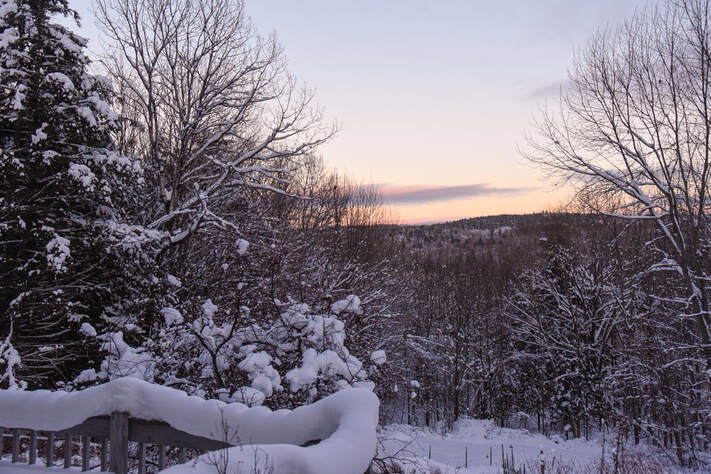
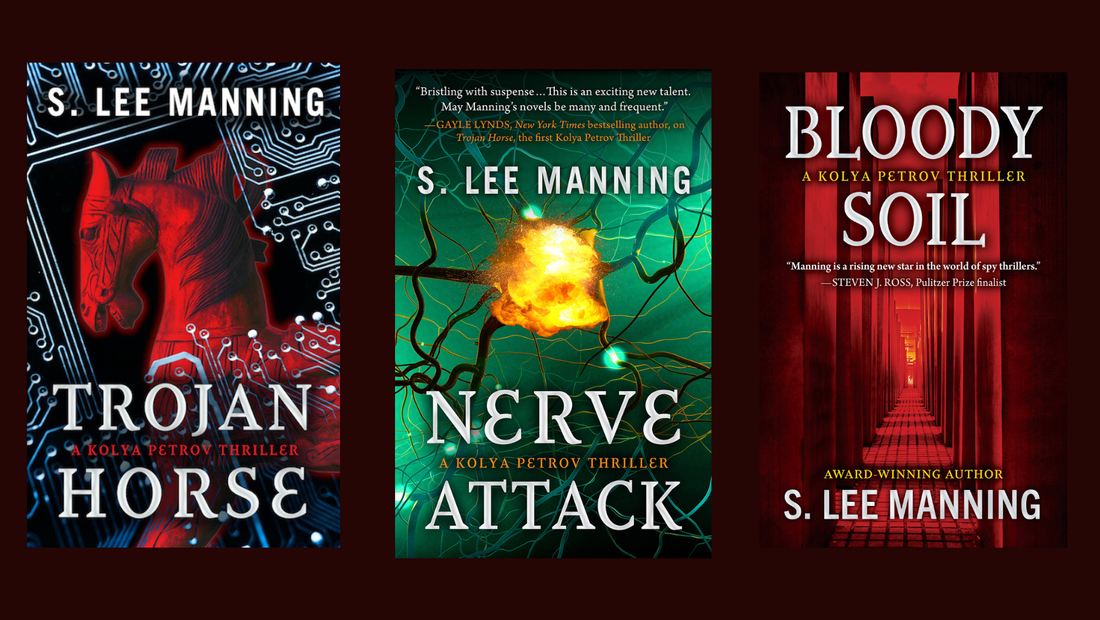
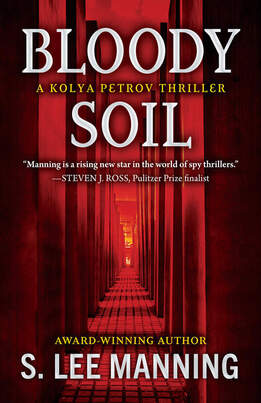
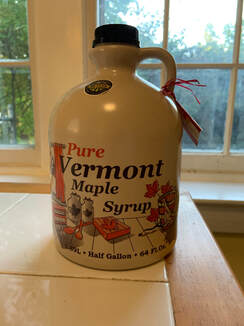
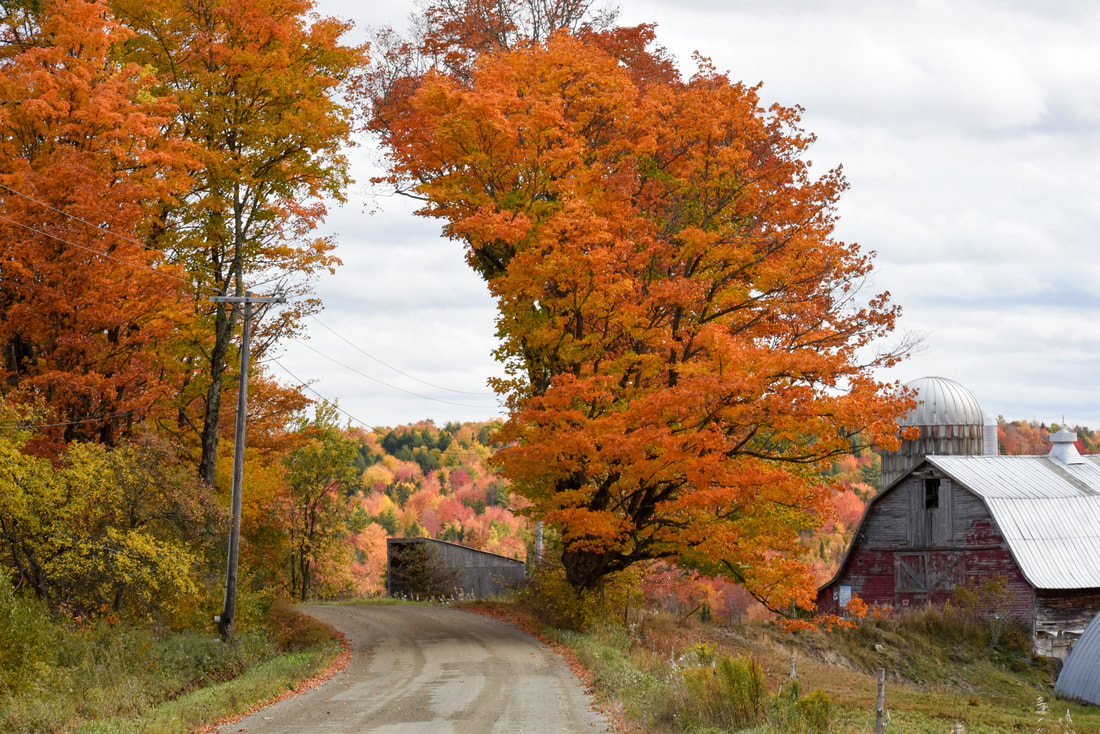
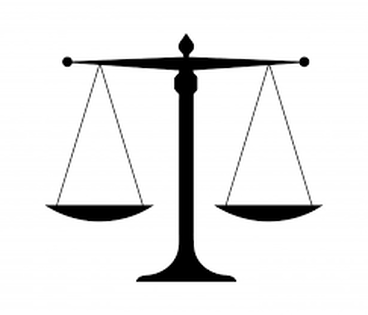
 RSS Feed
RSS Feed